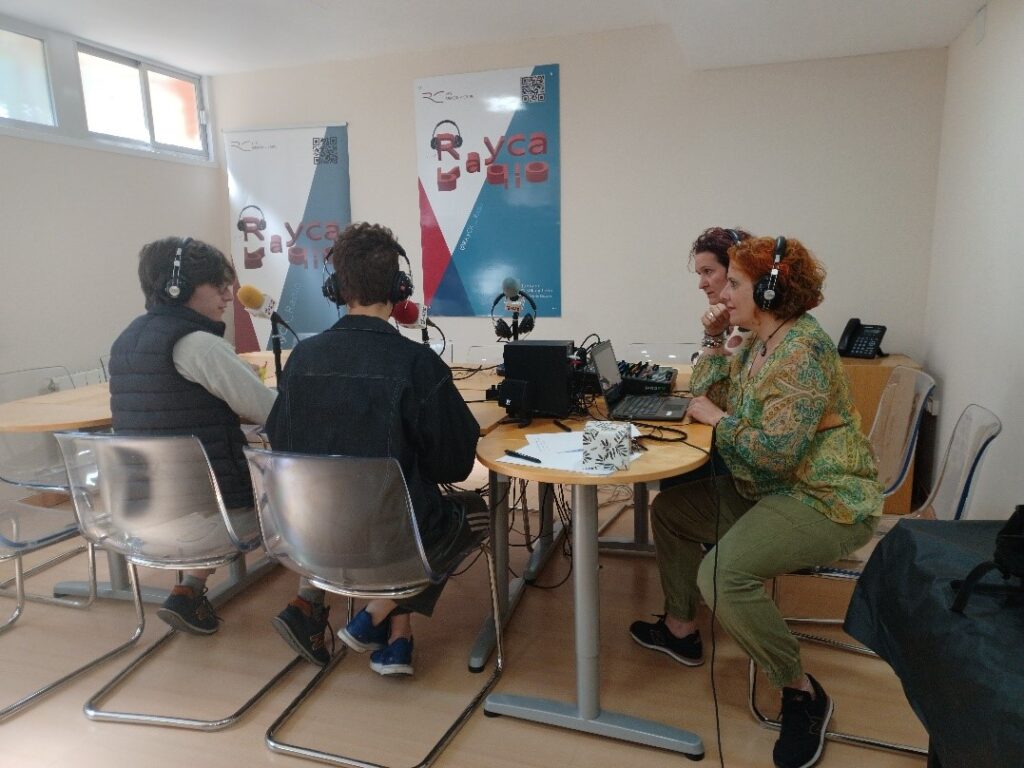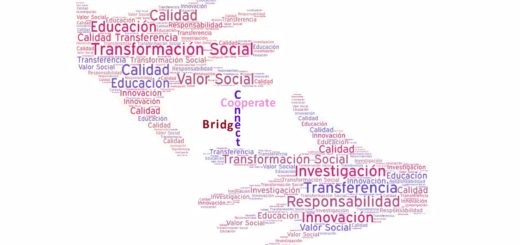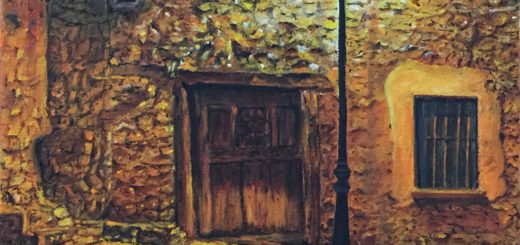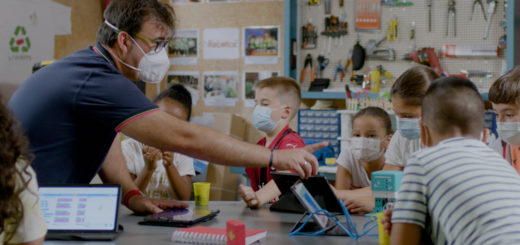School radio as a literacy tool to promote communicative social justice
In this context, school radio is a very powerful educational tool for developing students’ communication skills, promoting social coexistence and conflict resolution, and is an excellent tool to foster attention to diversity (Gómez-Cardoso, 2020); in addition, it becomes an innovative tool that allows project-based work, using the curriculum as a starting point, and addressing the interests of the students, promoting learning and critical thinking (Santana, 2016).
Through radio broadcasts, students have the opportunity to express their ideas, knowledge and opinions on social, political, cultural and general issues, as well as to take part in the shaping of their future (Soler Rocha & López Rivas, 2021). In this regard, by using this media as a tool for literacy, it is intended to stimulate students’ interest in reading and writing, promote critical, creative and reflective thinking, knowledge exchange and the transformation of the school curriculum to challenge the traditional hierarchies of teacher communication.
It also works as an educational resource that brings students closer to their reality and context, and becomes an instrument of social justice by allowing them to see the world from multiple perspectives. It also generates positive emotions in students to learn, to know and create new things, to acquire new knowledge and encourages them to develop communication, critical thinking and teamwork skills, to implement in their lives and in their social environment.
From this point of view, the use of radio within the educational context can be seen as a literate social practice that allows learners to interpret a text considering its socio-cultural context, to identify ideologies and intentions, and to appropriate the content of texts and discourses by giving them new meanings in different contexts.
This critical literacy practice contributes to teaching students to use language and discourse genres critically and to enable them to participate actively in society. This approach meets the existing demands of today’s education by promoting personal development and contributing to active awareness in the transformation of citizenship for social and communicative justice. The relationship established between critical literacy and social justice enables students to understand and participate in the social and political structures of their surroundings, as well as to perceive social inequalities and to question them.

Murillo & Hernández (2011) have identified the three analytical components of social justice: distribution, recognition and participation. “The first one focuses on the distribution of material and cultural resources; the second on the recognition and cultural respect of all people, based on equitable relations within society; and the third refers to people’s representation and participation in decisions that affect their lives, that is, ensuring people are able to have an active role in society” (Montané, 2015).”
Based on the above, using school radio in the classroom becomes a transversal vehicle for the development of critical literacy as a promoter of students’ communicative social justice through the cultural and diverse recognition of the environment to foster equality and equity; the re(distribution) of essential and democratic knowledge for the development of a more just society; and the social and active participation in decision making to critically intervene in the solutions to social problems. In this way, students are expected to be able to critically interpret their social environment and, at the same time, be active participants in the teaching-learning process.
- Cultural and diverse recognition of the environment
The addition of socially and culturally relevant contemporary topics in the curriculum using the radio can generate in learners more interest in knowing, investigating and learning about the world and their surroundings, reality and context, and from there, create new perceptions and viewpoints. Besides, the student-teacher interaction leads to the emergence of other programmatic contents that benefit the acquisition of knowledge, the development of critical thinking and the creative activity, as well as the shaping of attitudes and ideologies. As a result, by including real and authentic situations in the classroom and involving students in the construction of their own knowledge, the learning process becomes a social practice enriched by their own experiences, thereby fostering a situated knowledge that brings them closer to the educational social reality and constitutes a meaningful learning experience for them.
- Re(Distribution) of essential and democratic knowledge
School radio is a flexible and motivating media that adapts to students’ diversities and interests and favors social inclusion, cooperative work, social and communicative skills development, and also, breaks with the established institutional canon. It is a resource that stimulates research, reflection, analysis, critical assessment, idea exchange, while maintaining mutual respect and egalitarian dialogue, and helps in the construction of different meanings and interpretations of the same text. Likewise, it facilitates the implementation of active learning methodologies like PBL, that catches more students’ interest and contribute to a meaningful learning, and at the same time, the creation of different ways of communication, both oral and written, due to the plurality of discursive genres that can be used in broadcasting podcasts.
- Social and active participation
School radio promotes education as a process of social transformation based on collaborative and social actions. It helps in the development of students’ curricula and professional competencies through community service, as well as fosters significant social and civic learning. Moreover, this media increases students’ capacity to analyze and produce discourses that question and counteract social inequalities, actively participate in decision-making, and propose solutions. Additionally, podcasting is intended to motivate, sensitize and raise awareness about contemporary and socially relevant subjects, transmit cultural values and develop communication skills.
References
Gómez-Cardoso, P. (2020). Experiencia: La radio educativa como experiencia didáctica. Renocimientos Nacionales, AulaDesigual – Escuelas Inclusivas.: https://reconocimientos.escuelasinclusivas.com/experiencia-la-radio-educativa-como-experiencia-didactica/
Martín-Pena D., Parejo Cuellar M., & Vivas Moreno A. (2020). Irrupción de radio y divulgación en el aula para promover las vocaciones científicas en primaria. Revista Eureka sobre Enseñanza y Divulgación de las Ciencias, 17(3). https://doi.org/10.25267/Rev_Eureka_ensen_divulg_cienc.2020.v17.i3.3205
Montané, A. (2015). Justicia Social y Educación. RES, Revista de Educación Social(20), 92-113. https://eduso.net/res/revista/20/el-tema-colaboraciones/justicia-social-y-educacion
Murillo, J., & Hernández, R. (2011). Hacia un concepto de justicia social. Revista Iberoamericana sobre Calidad, Eficacia y Cambio en Educación, 9(4), 8-23.
Santana, E. G. (2016). La radio escolar, una herramienta innovadora con multitud de posibilidades.Consejería de Educación del Gobierno de Canarias. IFEMA MADRID: https://www.ifema.es/simoeducacion/noticias/radio-escolar-herramienta-innovadora-multitudpos#:~:text=La%20radio%20escolar%20como%20la,la%20utilizaci%C3%B3n%20de%20ruti
Soler Rocha, J. E., & López Rivas, O. H. (2021). Educomunicación y radio escolar en los campos boyacenses. Una perspectiva desde la hermenéutica de Gadamer. Revista Historia de la Educación Latinoamericana, 23(37). https://doi.org/doi.org/10.19053/01227238.11663

Author
Yaimara Batista Fernández
“Ciudadanía, Ecologías del Aprendizaje y Educación Expandida (CEAEX)”
University of Valladolid






